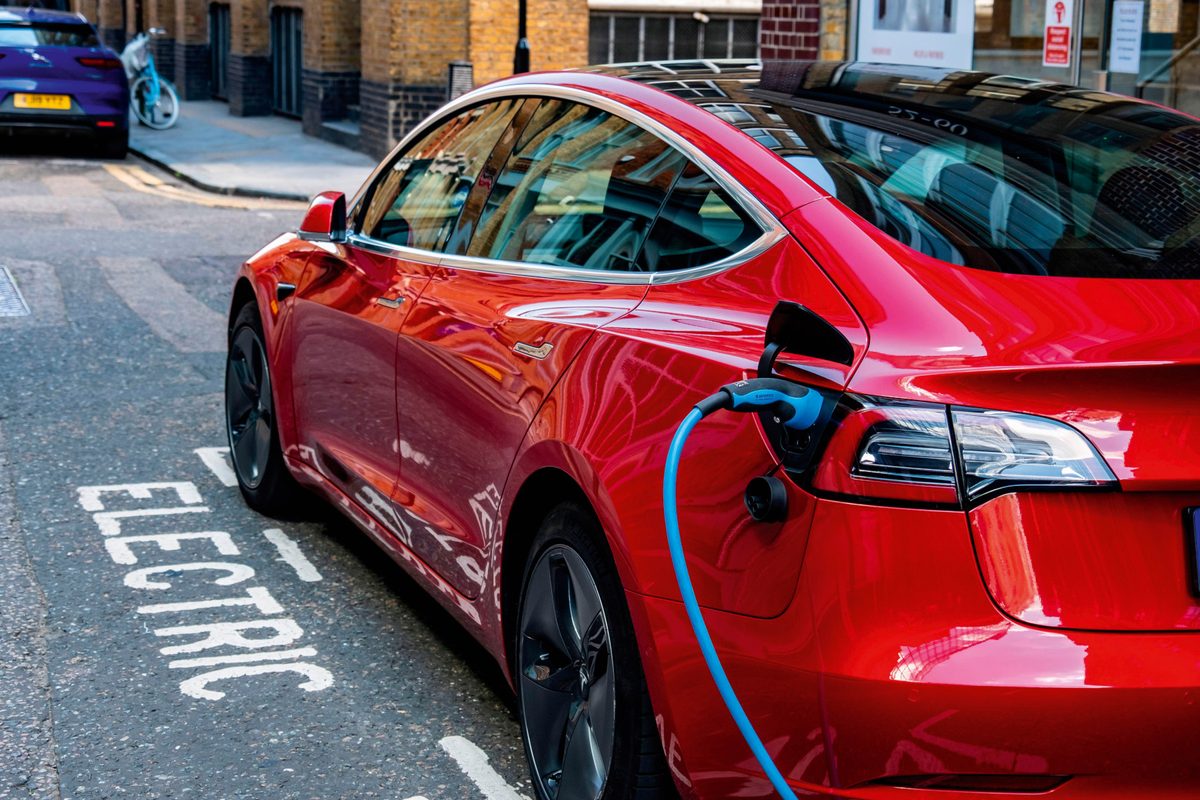Essential Tips for Buying a Budget-Friendly Electric Vehicle
Acquiring a used electric vehicle (EV) often raises skepticism among potential buyers, with many hesitant to embrace the uncertainties that come with secondhand cars. However, for some, the decision has proved transformative, as firsthand experiences reveal significant benefits.
With over 15 years of electric vehicle experience, having driven various models for 170,000 battery-only miles, my perspective on purchasing used EVs is both informed and optimistic. Recently, I experienced my first EV repair bill—£375 for front control arm bushes on a Tesla Model 3, after five years and 50,000 miles of ownership.
The Reliability of Electric Vehicles
When compared to traditional combustion-engine vehicles, used EVs present a less risky investment. An EV’s drivetrain consists of approximately 20 moving parts, while a petrol or diesel car can have over 200, resulting in fewer potential failures. The complex array of components, such as clutches and fuel pumps in combustion vehicles, significantly increases the likelihood of breakdowns. Studies consistently indicate that EVs report fewer mechanical failures.
Understanding Maintenance and Battery Life
Regular service for EVs is minimal, generally involving cabin filter replacements, brake fluid changes every three years, and tire rotations. One major consideration for buyers is the battery, which historically raises concerns. However, extensive data now suggests that lithium-ion batteries have a remarkably low failure rate, often backed by warranties covering eight years or 100,000 miles. Many EVs operate well over 250,000 miles on their original batteries.
It’s now widely accepted that an EV’s battery longevity can surpass the car’s chassis life. Consumer Reports indicates an average battery lifespan of around 200,000 miles, with only a minimal capacity loss over time.
Key Considerations When Buying a Used EV
- Battery Health: Obtain a State of Health (SOH) certificate from dealers. For private sales, be proactive and check the battery’s capacity, aiming for 90% or above.
- Model Selection: Avoid older models with known issues, such as the Nissan Leaf and older Renault Zoes, and opt for models from 2017 onwards for advanced technology.
- Charging Infrastructure: Assess the EV’s charging port and cables functioning before purchase, ensuring compatibility with modern charging systems.
- Maintenance Checks: Look for suspension wear and other signs of potential issues, such as unusual noises during operation.
Before finalizing a purchase, consider installing a home charging unit. This setup allows access to lower nighttime electricity rates, making the cost per charge significantly cheaper compared to traditional fuel.
With the rising popularity of electric vehicles, understanding these key aspects can enhance your buying experience and ensure you make a sound investment in a budget-friendly EV.







